Even when mining and processing activities are planned for rational and integral use of the mineral resources within the context of a prior technical-economic feasibility study, their operation invariably leads to the removal, extraction or separation of other materials whose characteristics preclude their immediate economically feasible use. These characteristics may be of a chemical or physical nature, such as inadequate ore content, absence of adequate technology or economic feasibility for their use, lack of or incipient consumer market, or simply lack of knowledge about their potential use.
The use of such materials, generically called mining rejects, is of interest not only to the private sector, for the economic optimization of the enterprise, but also for the public sector, in view of the effect of such stocks of rejects, especially on the environment.
IPT does technological characterizations and researches industrial applications for mining rejects, mainly in the ceramics and aggregates industry. It also studies the use of materials resulting from desilting of water bodies, contributing to the integral use of mineral resources and minimizing environmental impacts caused by the disposal of rejects in unsuitable sites.
The use of such materials, generically called mining rejects, is of interest not only to the private sector, for the economic optimization of the enterprise, but also for the public sector, in view of the effect of such stocks of rejects, especially on the environment.
IPT does technological characterizations and researches industrial applications for mining rejects, mainly in the ceramics and aggregates industry. It also studies the use of materials resulting from desilting of water bodies, contributing to the integral use of mineral resources and minimizing environmental impacts caused by the disposal of rejects in unsuitable sites.

